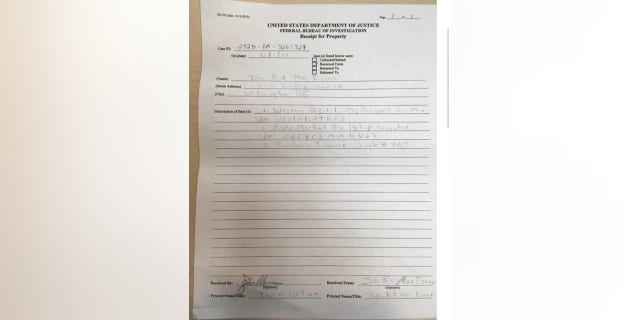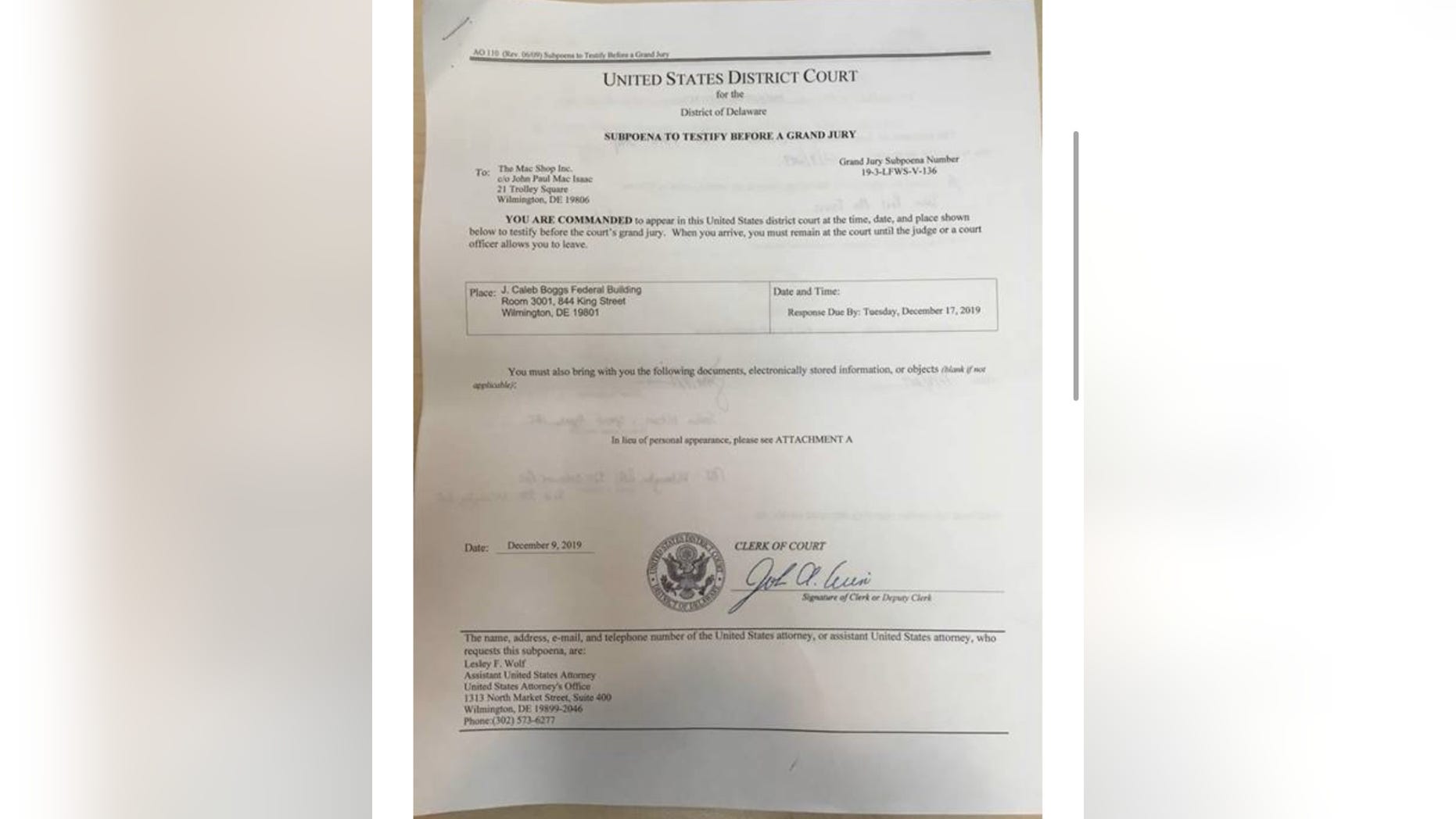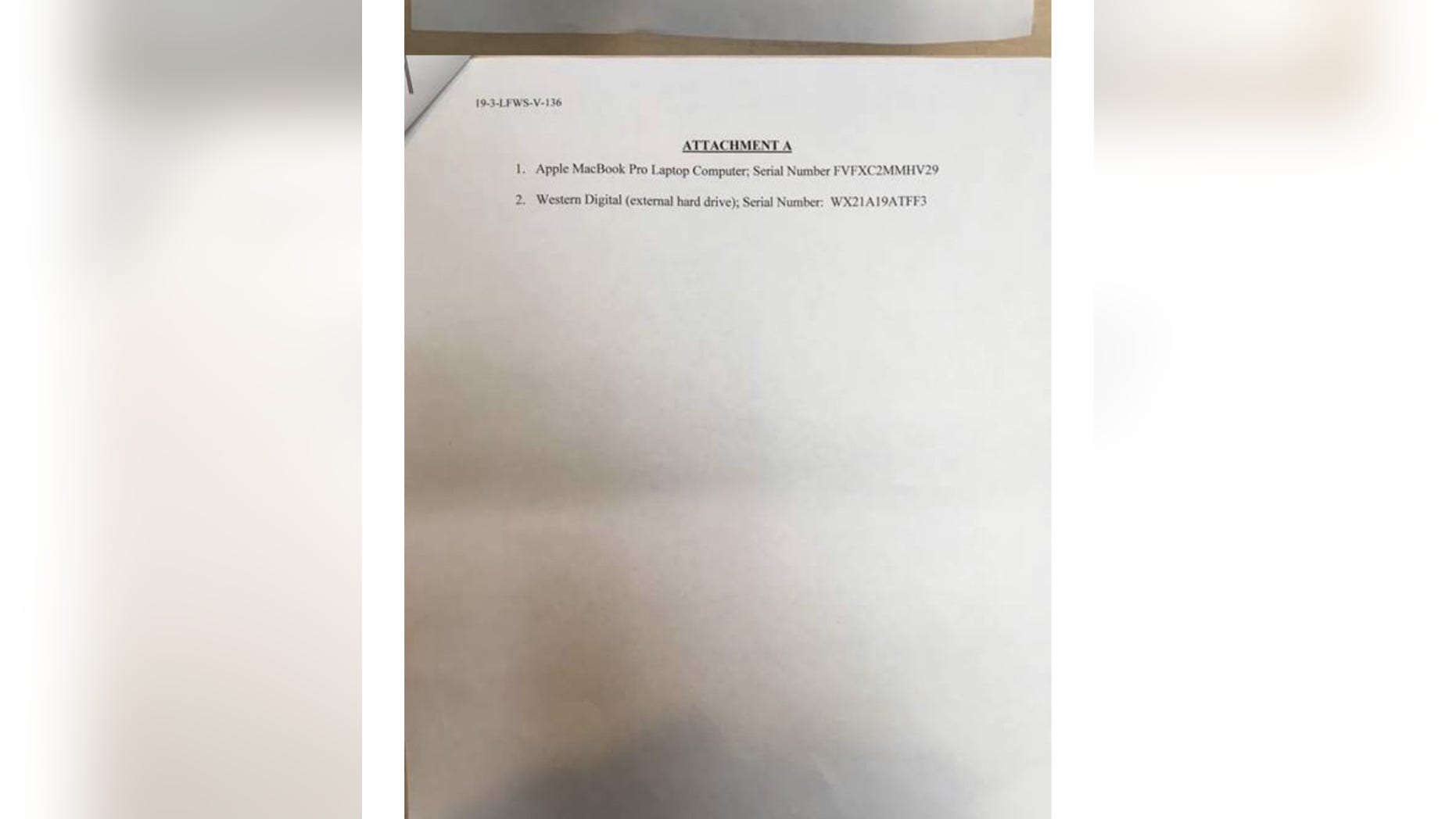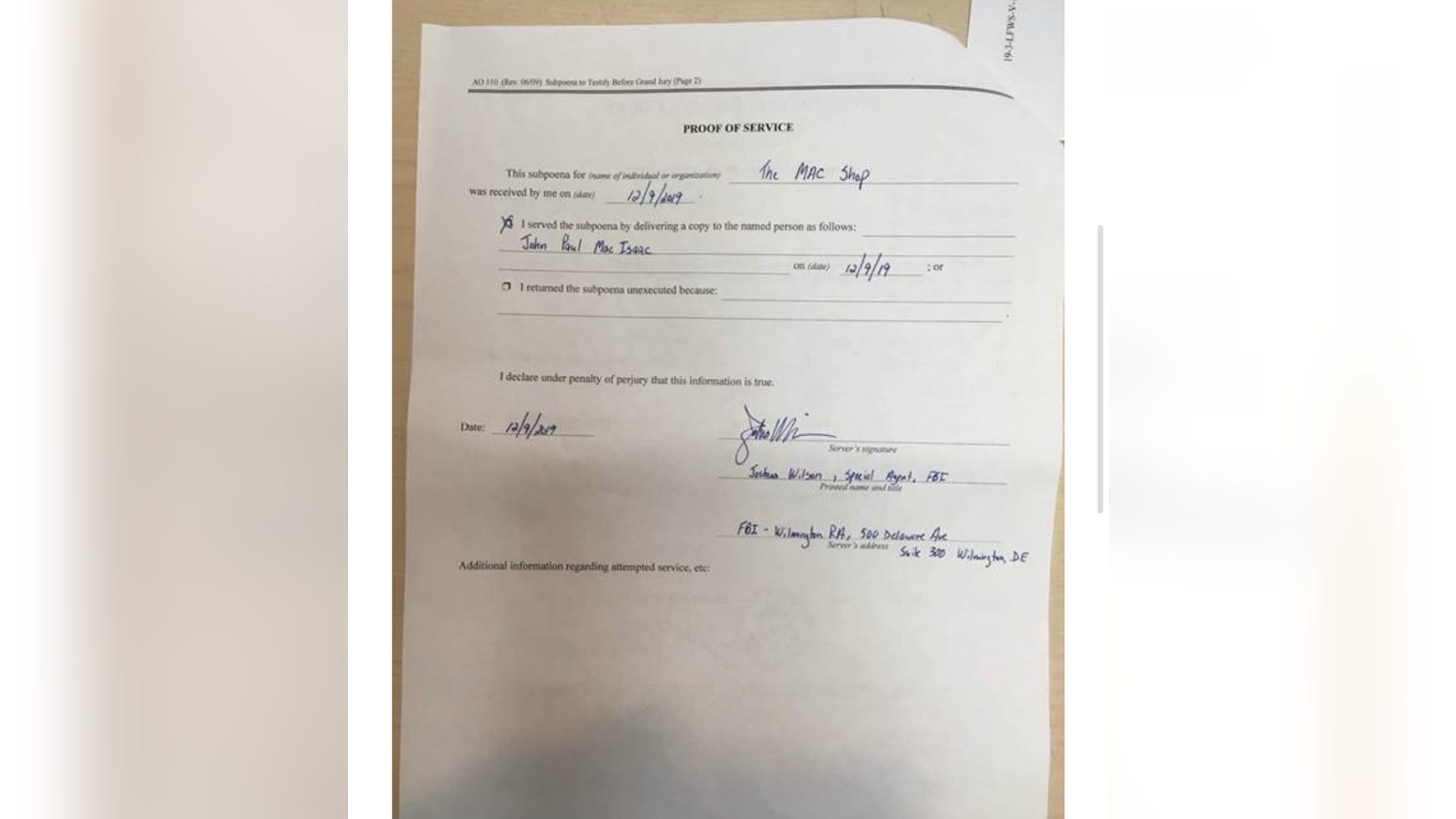Below is a compilation of initiatives, actions and accomplishments across Operation Warp Speed (OWS)’s primary efforts in the past week. To learn more about OWS, visit the Department of Health and Human Services (HHS) website and Department of Defense (DOD) website.

VACCINE DEVELOPMENT:
The U.S. Food and Drug Administration today authorized the restart of AstraZeneca’s Phase 3 clinical trial in the U.S. As part of the standard review process for adverse events in clinical trials, a voluntary pause was triggered to allow for the examination of safety data by independent monitoring committees. This pause while the adverse event was fully investigated means the science-based, data-driven process continues to work as it should.
Moderna announced it completed enrollment on its Phase 3 clinical trial, noting 37 percent of the 30,000 participants are part of minority populations. To date, more than 25,650 participants of Moderna’s participants have received their second vaccination. According to Moderna’s announcement, the company’s decision to submit a dossier to FDA requesting Emergency Use Authorization will be based on an assessment of whether the potential benefit of the vaccine outweighs the potential risks. The science and data behind this assessment is accruing.
The FDA’s Vaccines and Related Biological Products Advisory Committee met Thursday to discuss the ongoing development of a COVID-19 vaccine. In the interest of transparency over the process, the FDA streamed the entire committee meeting on both its own website and on YouTube. The all-day meeting explored the potential of granting Emergency Use Authorization and the standards and criteria that will be applied to vaccine candidates.
The Centers for Disease Control and Prevention launched a new page on their website dedicated to education on the COVID-19 vaccine planning efforts: https://www.cdc.gov/coronavirus/2019-ncov/vaccines/index.html.
In its commitment to transparency, Operation Warp Speed has posted four redacted contracts here: https://www.hhs.gov/foia/electronic-reading-room/index.html
THERAPEUTICS DEVELOPMENT:
The U.S. Food and Drug Administration approved the antiviral drug Veklury (remdesivir) Oct. 22 for use in adult and pediatric patients 12 years of age and older and weighing at least 40 kilograms (about 88 pounds) for the treatment of COVID-19 requiring hospitalization.
MANUFACTURING, DISTRIBUTION AND ADMINISTRATION:
Operation Warp Speed is working with the U.S. Marshals Service as part of a “whole of government” approach to ensure the security of the vaccine supply chain, including delivery to administration points. Marshals Service liaisons are embedded with the OWS team to ensure there is consistent communication and information flow in the security sector.
Synchronizing and integrating data across distribution and administration operations is a critical effort of Operation Warp Speed. To that end, OWS is using a specially designed platform to collect, correlate and visualize data across the entire operation. The “Tiberius” platform integrates the related manufacturing, supply chain, allocation, state and territory planning, delivery and administration of both vaccine products and ancillary kits. The 2020 technology provides visibility across all U.S. jurisdictions to provide decision support and ease the burden of public health officials throughout the nation. Additionally this week, HHS in support of Operation Warp Speed began signing Memorandums of Understandings with jurisdictions to provide access to information technology (IT) support to assist them with vaccine response planning and distribution at no cost.
An OpEd by HHS Secretary Alex Azar titled “Why Operation Warp Speed is a Made-in-America story,” highlighted the scaling up of manufacturing facilities across the country. He discussed DOD’s success in applying a military supply chain and logistics mentality to develop and deliver a COVID-19 vaccine to the American people.
KEY ENGAGEMENTS:
HHS Secretary Alex Azar visited Emory University Hospital in Atlanta and saw their work on clinical trials for Regeneron’s antibody cocktail and Moderna’s candidate vaccine.
Operation Warp Speed Chief Science Advisor Dr. Moncef Slaoui visited a Moderna clinical trial site at George Washington University Wednesday and spoke with ABC’s Bob Woodruff.
HHS Deputy Secretary Hargan visited the University of Kansas Medical Center for a meeting with their leadership and physicians about the Phase 3 clinical trials they have been overseeing for the AstraZeneca Vaccine. Deputy Secretary Hargan will also join Nebraska Governor Pete Ricketts on Saturday, October 24 for a tour of the University of Nebraska Medical Center where they are conducting clinical trials for COVAXX vaccine and therapeutic candidates.
Dr. Anthony Fauci joined a Univision Town Hall entitled “COVID-19 Vaccines: Myths and Facts” to discuss the importance of Hispanics being represented in clinical trials.
The Washington Post: “Unprecedented vaccine trials on track to begin delivering results.”
Operation Warp Speed Chief Operating Officer Gen. Gus Perna and Vaccine Development Lead Dr. Matt Hepburn will participate in a discussion with The Heritage Foundation on “The Fight to get a COVID-19 Vaccine” Oct. 27 at 3 p.m. The virtual event is free and open for registration.
SENIOR LEADER QUOTES:
“Clinical trial volunteers are the real heroes of this pandemic. Many people are looking for a way to make an impact and serve. Volunteering is a tremendous opportunity to be helpful.” ~Dr. Matt Hepburn, OWS Vaccine Development Lead
“Advances in science are the foundation for the unprecedented progress we are seeing under Operation Warp Speed. But the broader set of requirements for ultimate success—unwavering leadership, ingenuity, determination, the commitment of enormous resources, exceptional logistical infrastructure, and public-private collaboration—can be assembled only in America.” ~HHS Secretary Alex Azar
“It’s not a certainty, but the plan – and I feel pretty confident – should make it such that by June, everybody could have been immunized in the U.S.” ~Dr. Moncef Slaoui, OWS Chief Advisor
“Trust in the science. We have executed vaccine development with rigor. The leading scientists in the world and the quality of the nation’s pharmaceutical base, with oversight of the FDA’s gold standard, lend credibility to this unprecedented effort.” ~Paul Ostrowski, OWS Director for Supply, Production and Distribution
Operation Warp Speed is a partnership among components of the Department of Health and Human Services and the Department of Defense, engaging with private firms and other federal agencies, and coordinating among existing HHS-wide efforts to accelerate the development, manufacturing and distribution of COVID-19 vaccines, therapeutics and diagnostic











